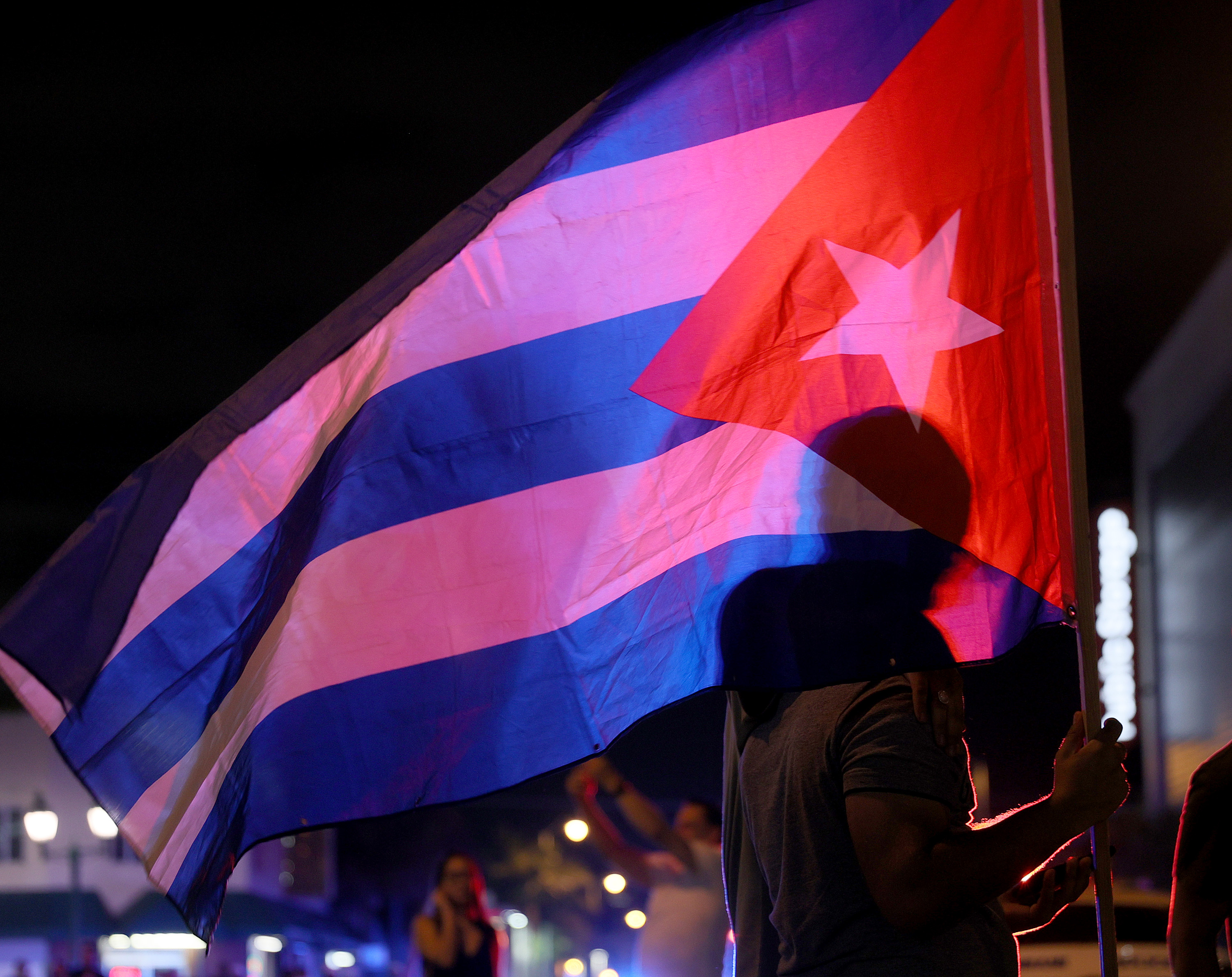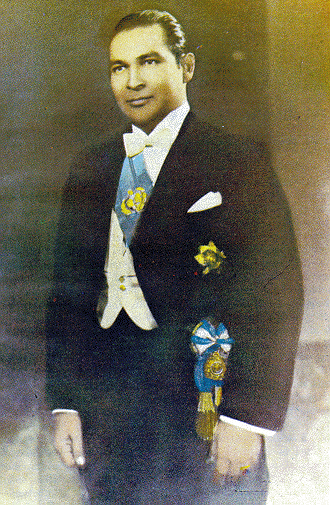Yes the US is in part, to blame.
See all this white space here to type in is where you get to splain your point. I was not looking really for a short yes or no.
Continue
Okay no problem, but I just did that in another thread on this topic.
Are you aware the US has heavily sanctioned and stopped all trade with Cuba for 60 years? Now put the puzzle together. The world’s preeminent economic and military nation doing this to Cuba for 60 FUCKING YEARS, will have a negative impact.
No? Yes?
What Trade did the US stop with Cuba aside from its own? Communist Cuba had every opportunity to trade with every nation besides the US.
Cuba…… another Communist failure. VIVA CAPITALISMO!
Wrong.
The US has extended economic sanctions to countries that have traded with Cuba in the past.
{...
The United States has threatened to stop financial aid to other countries if they trade non-food items with Cuba. The US's attempts to do so have been vocally condemned by the
United Nations General Assembly as an extraterritorial measure that contravenes "the sovereign equality of States, non-intervention in their internal affairs and freedom of trade and navigation as paramount to the conduct of international affairs".
[5]
Despite the existence of the embargo, Cuba can, and does, conduct international trade with many countries, including many US allies; however, US based companies, and companies that do business with the US, which trade in Cuba do so at the risk of US sanctions.
[6] Cuba has been a member of the
World Trade Organization since 1995.
[7] The European Union is Cuba's largest trading partner, and the United States is the fifth-largest exporter to Cuba (6.6% of Cuba's imports come from the US).
[8] Cuba must, however, pay cash for all imports, as credit is not allowed.
[9]
Beyond criticisms of
human rights in Cuba, the United States holds $6 billion worth of financial claims against the Cuban government.
[10] The pro-embargo position is that the U.S. embargo is, in part, an appropriate response to these unaddressed claims.
[11] The
Latin America Working Group argues that
pro-embargo Cuban-American exiles, whose votes are crucial in the U.S. state of
Florida, have swayed many politicians to adopt views similar to their own.
[12] Some business leaders, including James E. Perrella, Dwayne O. Andreas, and Peter Blyth, have opposed the Cuban-American views, arguing that trading freely would be good for Cuba and the United States.
[13]
Since 1992, the
UN General Assembly has passed a resolution every year condemning the ongoing impact of the embargo and declaring it in violation of the
Charter of the United Nations and of international law. In 2014, out of the 193-nation assembly, 188 countries voted for the nonbinding resolution, the United States and Israel voted against and the Pacific Island nations Palau, Marshall Islands and Micronesia abstained.
[2][14] Human-rights groups including
Amnesty International,
[2] Human Rights Watch,
[15] and the
Inter-American Commission on Human Rights[16] have also been critical of the embargo. Critics of the embargo often refer to it as a "
blockade" and say that the respective laws are too harsh, citing the fact that violations can result in up to 10 years in prison.
...}

